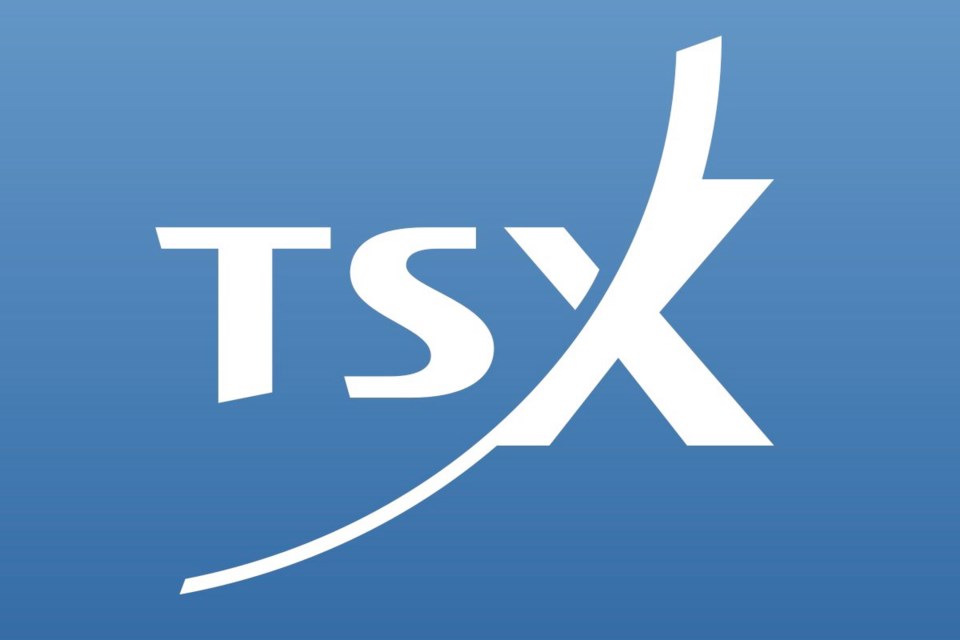TORONTO — Canada’s main stock index fell moderately in a largely broad-based decline on Thursday despite a strong rally in oil prices, as U.S. markets saw little movement.
The Toronto Stock Exchange’s S&P/TSX composite index was down 90.75 points to 15,860.92 — with modest gains from the energy and base metals sectors among the few bright spots.
Among sectors with the largest losses was consumer staples, as grocery giants such as Metro Inc. and Loblaw Companies Ltd. saw their shares drop by 2.72 per cent and 1.73 per cent, respectively.
According to court documents released Wednesday, the Competition Bureau believes Canada’s two largest bread wholesalers colluded to raise prices in lockstep over about 16 years. They then allegedly met with five retailers — including Loblaw and Metro as well as Walmart Canada Corp., Sobeys Inc. and Giant Tiger Stores Ltd. — who accepted the hike on condition their competitors would follow suit.
“What you’re seeing overall is that we’re starting to come up to an inflection point where the market is going from showing immunity to any sort of bad news to actually now looking for bad news,” said Kash Pashootan, CEO and chief investment officer at First Avenue Investment Counsel Inc. in Toronto.
“So when you look at the behaviour of the TSX today, and some of the selling off that’s taking place, especially in the grocery sector, you ask yourself if this was to happen 12 months ago, or even six months ago, how would the market have felt? ... It would have meant nothing a year ago.”
“Investors may initially view that as a negative but we think it’s healthy and appropriate,” he added. “It’s this volatility that’s going to create buying opportunities but more so help prevent equities from getting ahead of themselves in terms of valuations.”
South of the border, U.S. stock indexes were mostly lower Thursday after shedding modest gains from earlier in the day.
In New York, the Dow Jones industrial average advanced 37.32 points to 26,186.71. The S&P 500 index edged back 1.83 points to 2,821.98 and the Nasdaq composite index fell 25.62 points to 7,385.86.
Investors continued to sift through a raft of corporate earnings reports. About a third of the companies in the S&P 500 have reported results so far this earnings season, and some 65 per cent of those have delivered both earnings and revenue that exceeded financial analysts’ expectations, according to S&P Global Market Intelligence.
“Good earnings alone or maybe great earnings alone won’t move the stock market up,” said Bob Doll, chief equity strategist at Nuveen Asset Management. “We got to have a pause in the rate of increase in interest rates for the uptrend to resume.”
In currency markets, the Canadian dollar closed at an average trading value of 81.38 cents US, up 0.03 of a U.S. cent.
On the commodities front, the March crude contract climbed US$1.07 cents to US$65.80 per barrel and the March natural gas contract fell 14 cents to US$2.86 per mmBTU.
The April gold contract was up US$4.80 to US$1,347.90 an ounce and the March copper contract added a cent to US$3.21 a pound.
— With files from The Associated Press



